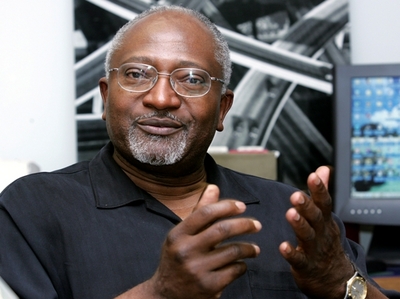ATLANTA, GA As Atlanta goes green and sustainable, the city's African American population finds itself left on the side of the road because of residential segregation, inadequate public transportation, location of major job centers, and persistent inequality. The State of Black Atlanta Summit 2010 raised a number of issues, challenges, barriers, and opportunities facing Black Atlanta, often hyped as the Black Mecca. During the one-day Summit, some of Atlanta's leading academics, analysts, planners, and advocates critiqued the dynamics of racialized place in shaping the city's transportation, land use, and environmental policies.
The smart growth movement aims to combat urban and suburban sprawl by promoting livable communities based on pedestrian scale, diverse populations, and mixed land use. But as illustrated in Growing Smarter, some "smart growth" initiatives largely failed to address social equity and environmental justice. Smart growth sometimes results in gentrification and displacement of low- and moderate-income families in existing neighborhoods, or transportation policies that isolate low-income populations. And if provisions and safeguards are not put in place to address social equity, many of Atlanta's "greening" initiatives will follow this same trend.
All Atlanta neighborhoods are not created equal. Some are more equal than others. If a neighborhood happens to be poor, working class, or a community of color, its residents generally have fewer choices and opportunities--on a range of residential amenities such as housing, schools, jobs, shopping, parks, green space, hospitals, police, fire protection, and transportation--than affluent, middle-class, or white residents.
Left Behind by Transportation Apartheid
Black Atlanta has been left behind by the region's sprawl development pattern. The region's job sprawl exacerbates various dimensions of racial inequality. The majority of entry-level jobs in metro Atlanta are not within a quarter-mile of public transportation. In 2006, only 9.3 percent of Metro Atlanta's jobs were located within a 3-mile radius of the CBD, 27.5 percent were located within a 10-mile radius, and 63.2 percent were located outside the 10-mile ring. American society is largely divided between individuals with cars and those without cars. The private automobile is still the most dominant travel mode of every segment of the American population, including African Americans.
(Note: You can view every article as one long page if you sign up as an Advocate Member, or higher).





